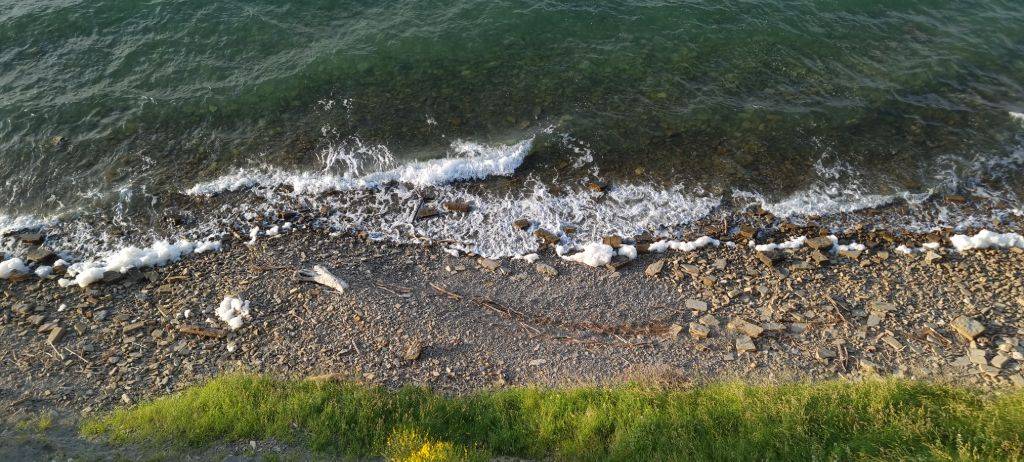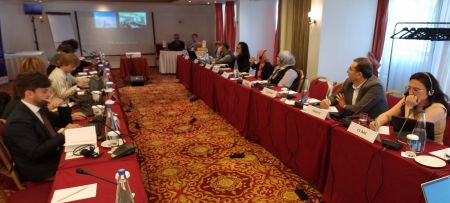The Mediterranean Sea faces significant environmental challenges. Climate change, tourism, shipping, and energy projects — including offshore wind farms and oil exploration — are piling on pressure. These activities do not stop at national borders, and neither should the responses to address them.
The Mediterranean Sea may divide continents, but it can also bring countries and organizations together. From 28–30 May, representatives from 13 Mediterranean countries, international organizations, and financial institutions met in Portorož, Slovenia, to map a more cooperative and sustainable future for the region’s shared marine ecosystem.
The gathering marked the second sub-regional meeting on environmental assessments in a transboundary context, hosted by Slovenia under two international frameworks: the Espoo Convention on Environmental Impact Assessment in a Transboundary Context and its Protocol on Strategic Environmental Assessment (SEA), and the Convention for the Protection of the Marine Environment and the Coastal Region of the Mediterranean (Barcelona Convention).
“In a sea as busy and interconnected as the Mediterranean, joint action isn’t a choice — it’s a necessity,” said Tanja Bolte, Director-General at the Slovenian Ministry of Environment. “This meeting is a clear signal: countries are ready to work together, not just talk.”
At the heart of the discussions was the use of Environmental Impact Assessments (EIAs) and Strategic Environmental Assessments (SEAs) — practical, proven tools that help governments assess and mitigate the environmental consequences of large-scale projects before they start.
The meeting featured real-world case studies, including France and Italy’s efforts in maritime spatial planning, Spain’s approach to offshore renewable energy, Slovenia’s initiatives to tackle climate change, and Greece’s first year of experience as a Party to the Protocol on SEA. Southern Mediterranean countries, including Morocco, Egypt, Israel and Libya, also shared legal and policy developments as they work to align with international environmental standards. The Regional Activity Centre (PAP/RAC) as the Barcelona Convention component presented the results of the legal study on integration of TbEIA/SEA in the context of the Barcelona Convention, as well as the conclusions of the consultation meeting with the Mediterranean countries.
Discussions also focused on the power of Environmental and Social Impact Assessments and Strategic Environmental and Social Assessments as forward-looking tools to shape better projects and deliver more sustainable, inclusive outcomes. Participants emphasized that strong environmental and social systems — grounded in effective assessment practices — are essential for aligning with international financial institution standards, such as the World Bank’s Environmental and Social Framework and the African Development Bank’s Integrated Safeguards System. The participants discussed the synergies of International Financial Institutions’ requirements with EIA and SEA obligations under the Espoo Convention and the Protocol on SEA.
The workshop sparked exchanges on regional cooperation, capacity-building opportunities, and technical approaches, offering a space for countries to share real-world experiences and chart next steps together.
Looking ahead, participants reaffirmed the value of the Espoo Convention and the SEA Protocol as global benchmarks — especially for Southern Mediterranean countries aiming to strengthen environmental protections and attract international investment.
The third sub-regional meeting will take place in Athens in 2026, co-hosted by Greece through the ongoing cooperation between the Espoo and Barcelona Conventions and their Protocols.


